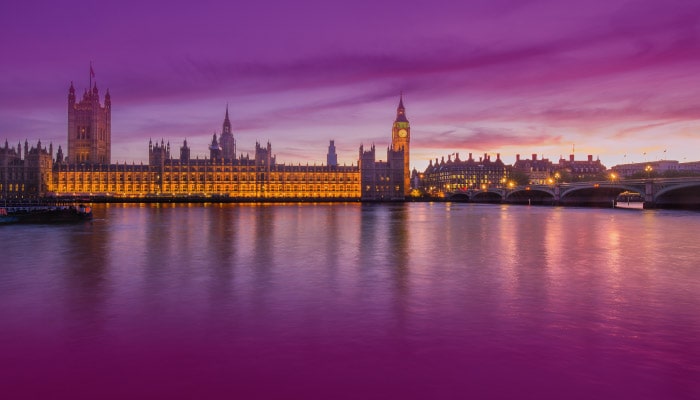
Yesterday, on the advice of the four Chief Medical Officers, the UK’s Covid alert level was raised from 3 to 4, the second most serious stage. Announcing the new coronavirus restrictions, the PM said the UK has reached a "perilous turning point" in its fight against COVID-19 and must "act now to avoid still graver consequences later on". In a sombre address to Commons, he also warned that the measures could remain in place for as long as six months, declaring: "For the time being, this virus is a fact of our lives."
The main restrictions announced by the PM include:
- Working from home where possible
- From Thursday, all pubs, bars and restaurants must offer table service only and close at 10pm
- The requirement to wear a face covering has been extended to staff in retail, people in taxis and everyone using hospitality services
- Fines for not wearing a face covering will now double to £200 for a first offence
The PM stopped short of issuing a full lockdown, having previously referred to this as the “nuclear” option because of the destructive impact it would have on the UK’s emotional and financial wellbeing. Schools, colleges and universities are to stay open, while those who need to go into their place of work can continue to do so.
Labour leader Kier Starmer expressed support for the new measures, while voicing some concern that the government does not have a clear strategy. For instance, the message to work from home came directly after a campaign to encourage people back into the office. This uncertainty has had serious repercussions for businesses, many of which will have to make further redundancies when the furlough scheme ends in October.
This week the Whitbread group, owners of Premier In and Beefeater, announced plans to cut 6,000 jobs. BA have also been locked in disputes with trade unions over controversial plans to fire staff then rehire them with less benefits. Meanwhile, high street retailer John Lewis is one of the companies scrapping its annual staff bonus this year after huge losses and store closures.
The PM expressed regret that the new measures would hit many businesses just as they were getting back on their feet, however he stressed that now was the time to act. In the last fortnight, daily hospital admissions in England have more than doubled, while fewer than 8% of the population have developed antibodies. With a vaccine still some way off and transmission levels expected to rise as we come into the winter months, Johnson stressed that it was once again time to protect the vulnerable and the NH from the brunt of the virus.
On the positive side, the PM said that the country is better prepared for a second wave of the COVID-19 with ventilators, PPE, dexamethasone, the Nightingale Hospitals, and a hundred times as much testing. It’s also hoped that by keeping the country largely operational the government can compounding the current recession.
Another factor set to further complicate matters is Brexit and the recent wrangling over the PM’s controversial Bill. The bill explicitly seeks to give powers to ministers to disregard some of the arrangements in the Northern Ireland protocol. However the EU has warned the UK that it could face legal action for breaching international law.
For more information about the economic impact of the pandemic and the latest hiring news, read out article here. Umbrella Exchange have access to a wide range of hassle-free services that can help you with setting up a limited company or finding the right umbrella company for you. To talk to a member of our team, call: 0203 393 3881